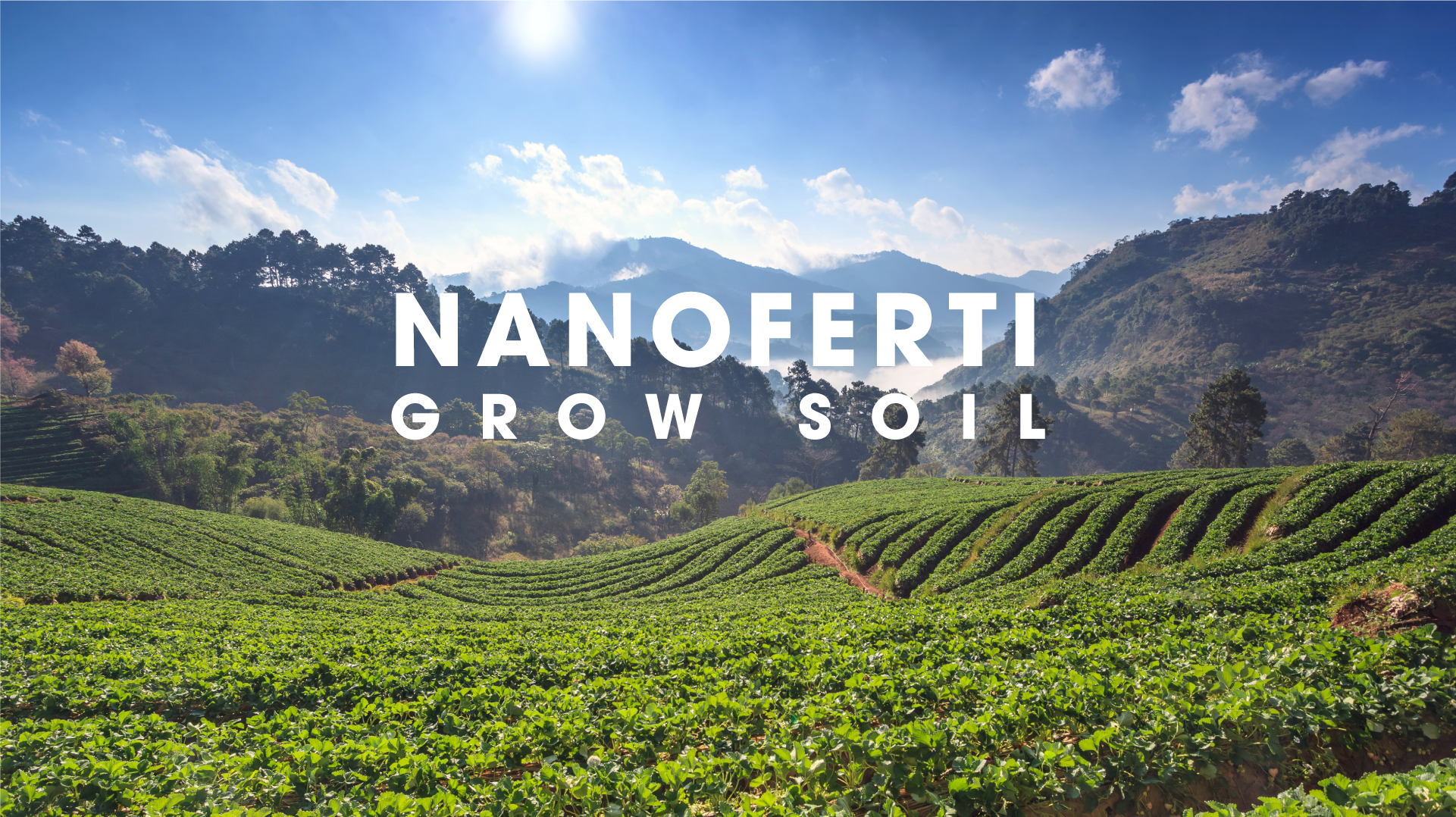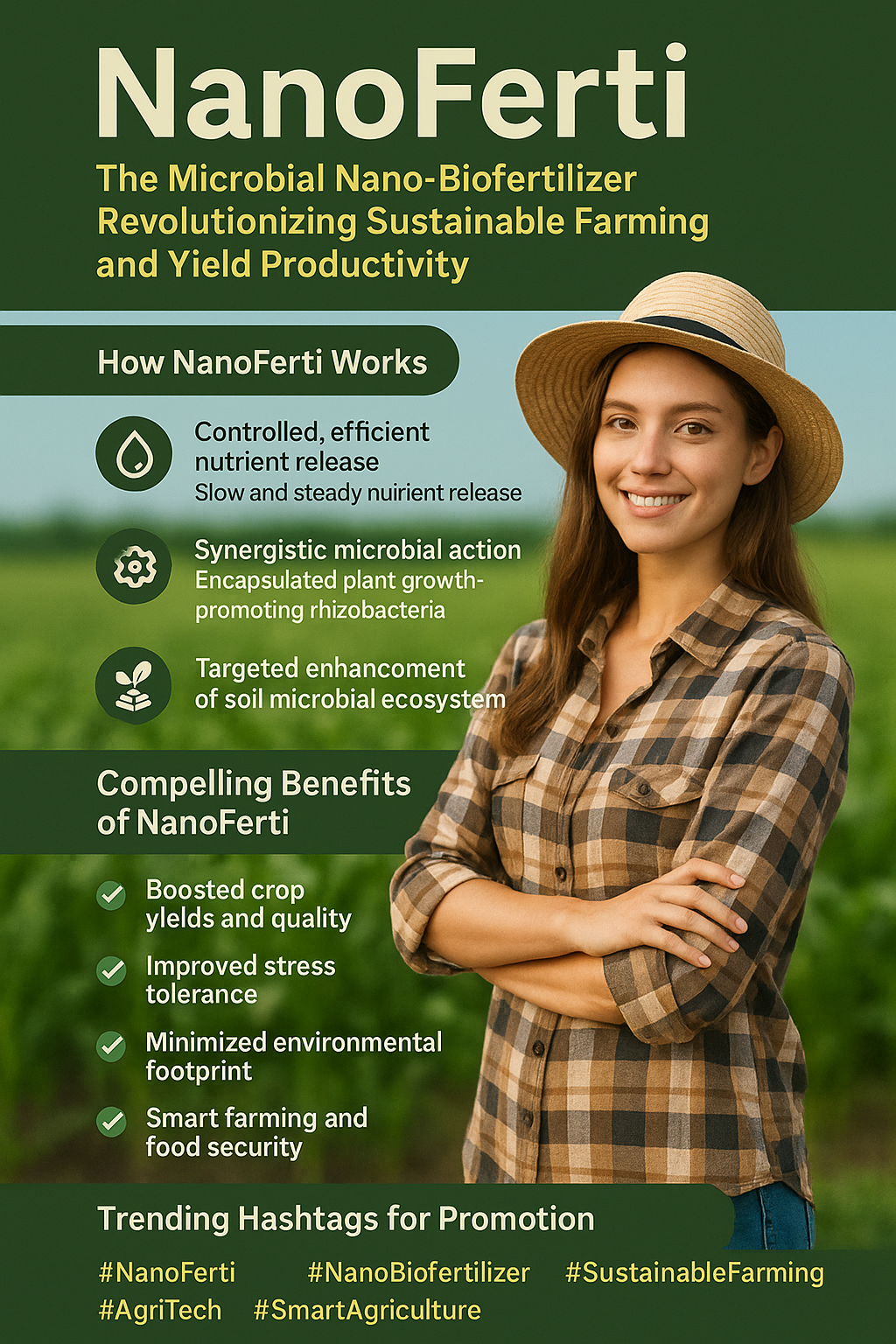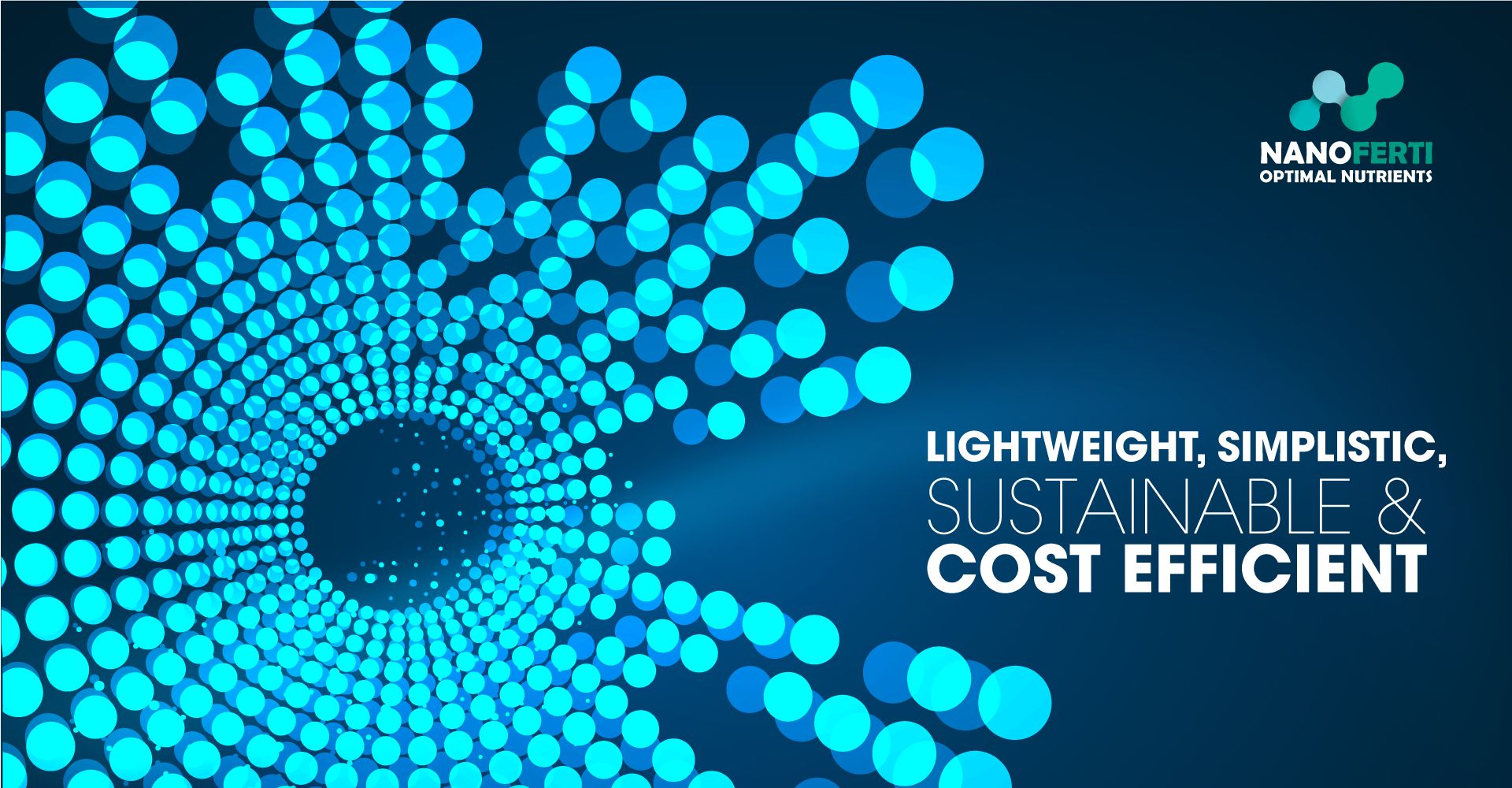
About Nanoferti
NanoFertiTM was established on the conviction that all life and human manageability is correlated with the integrity of the earth’s soil. For many years, the practices of Regenerative Farming, Sustainable Agriculture, and Carbon Farming have been the cornerstone of our endeavors. Our company’s commitment has always been aimed towards the improvement and refinement of proven innovations with industry “resilience”. This belief is set in advancing organic strategies to enrich the earth’s harvest, also known as “organism cultivation”. We would like to thank you for your enthusiasm in learning more about sustainable agriculture and soil organisms.
Soil health is fundamental to profitable and sustainable agriculture.
Vital organic matter and nutrients are often destroyed, depleted, or otherwise lost from the soil through overuse of fertilizers, erosion, and runoff as a consequence of unsustainable farming practices. Thus, vital organic bio-stimulants and beneficial micro-organisms are usually demolished through the overuse of soil erosion, nutrient runoff, and unsustainable chemical farming practices.
To combat this unsustainable cycle of waste, we harness nature’s technology to bring new solutions to modern agriculture. Our proprietary microbial formulation is suspended in organic bio-stimulants that complement each other to promote soil quality, plant health, and fertility in several ways.
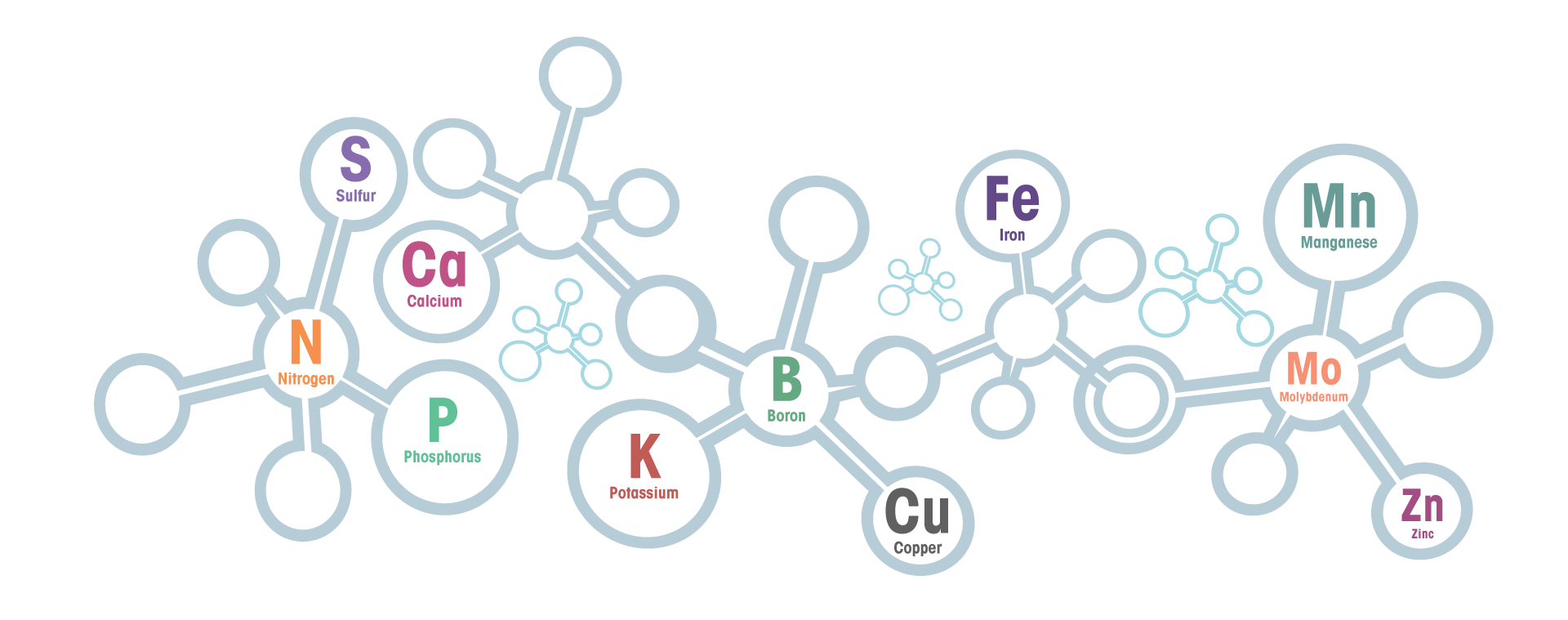
Blogs
NanoFerti: The Next Generation Nano Biofertilizer for Sustainable Farming and Maximum Yields As agriculture faces the challenge of feeding a growing global …
NanoFerti: The Microbial Nano-Biofertilizer Revolutionizing Sustainable Farming and Yield Productivity NanoFerti: A Green Leap Forward in Agricultural InnovationAs global agriculture confronts escalating …
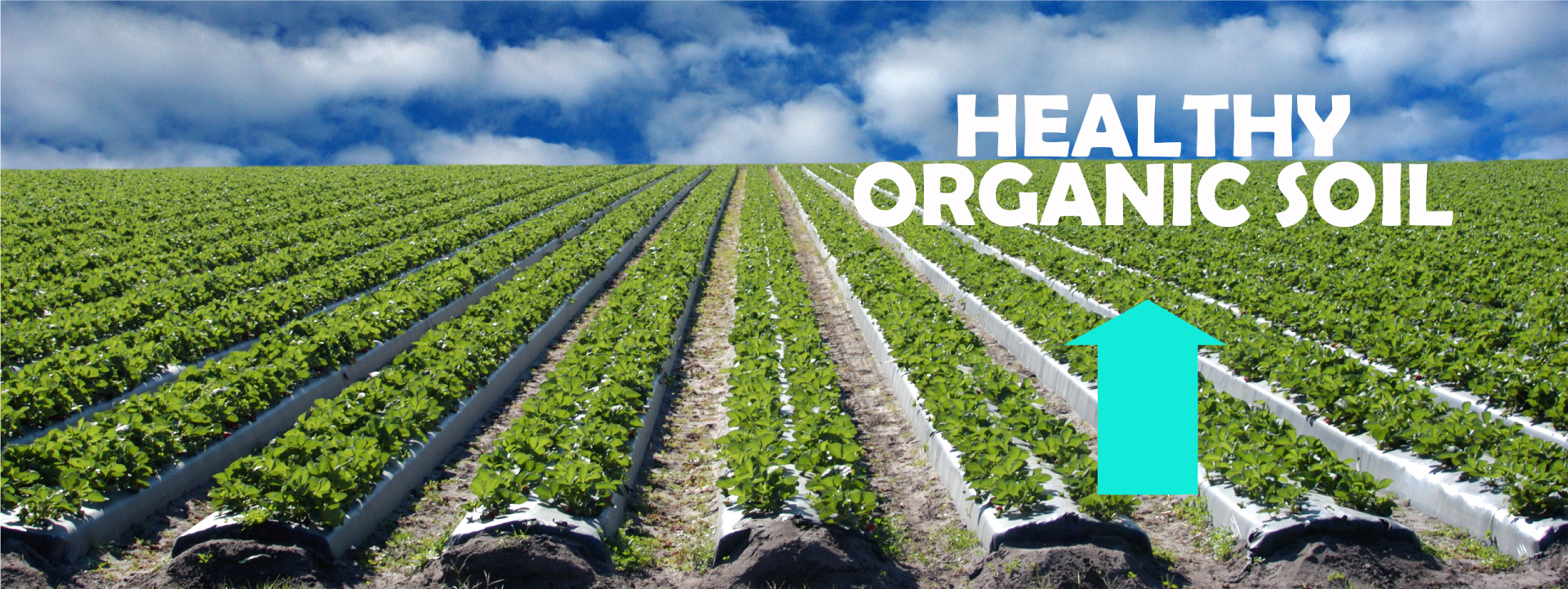


We have the ability to completely
transform a desert into an oasis
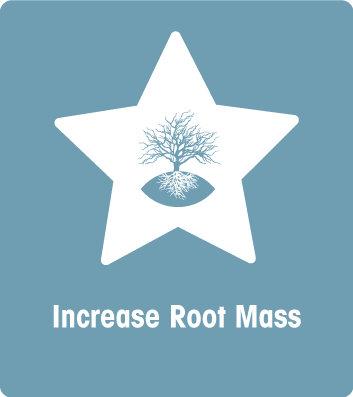


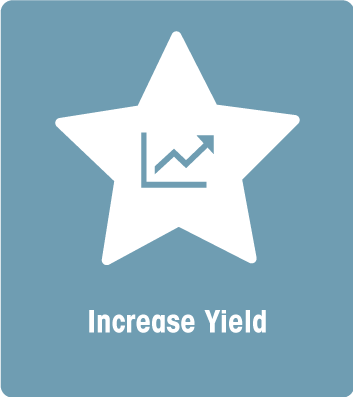

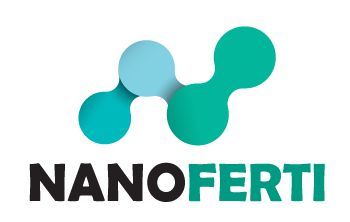
MICROBES IN AGRICULTURE
Microbes have a symbiotic relationship with nature. In fact, microbes found within the rhizospheres of plants are much greater than the concentration that is found in the rest of the soil. Those microbes play a crucial role in the decomposition of organic matter, as well as maintaining and returning nutrients to their mineral form for efficient nutrient uptake in plants. Thus, microbes advantageously produce a variety of substances to promote plant growth and increase crop yields.
